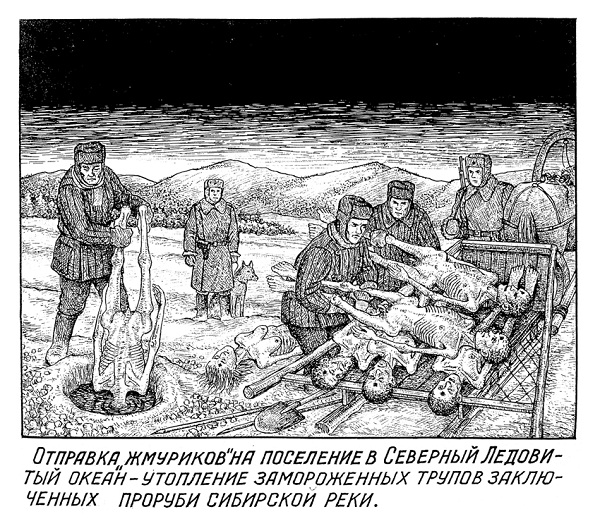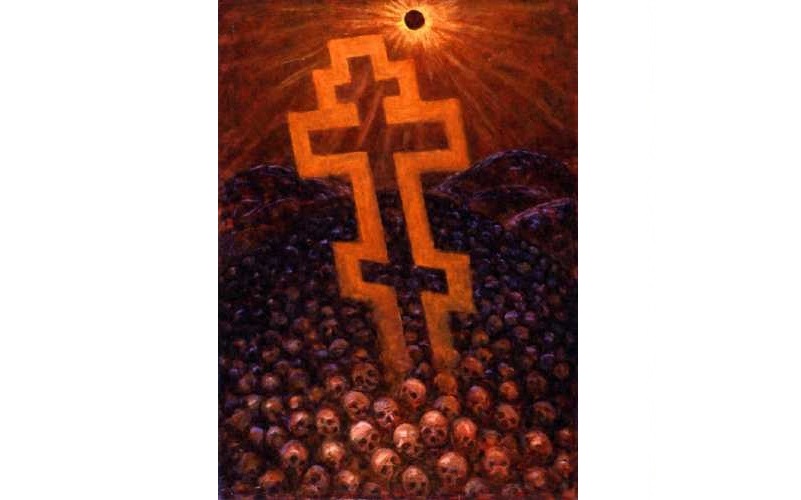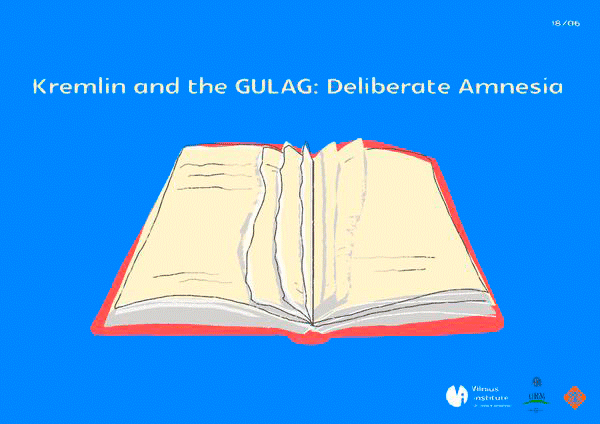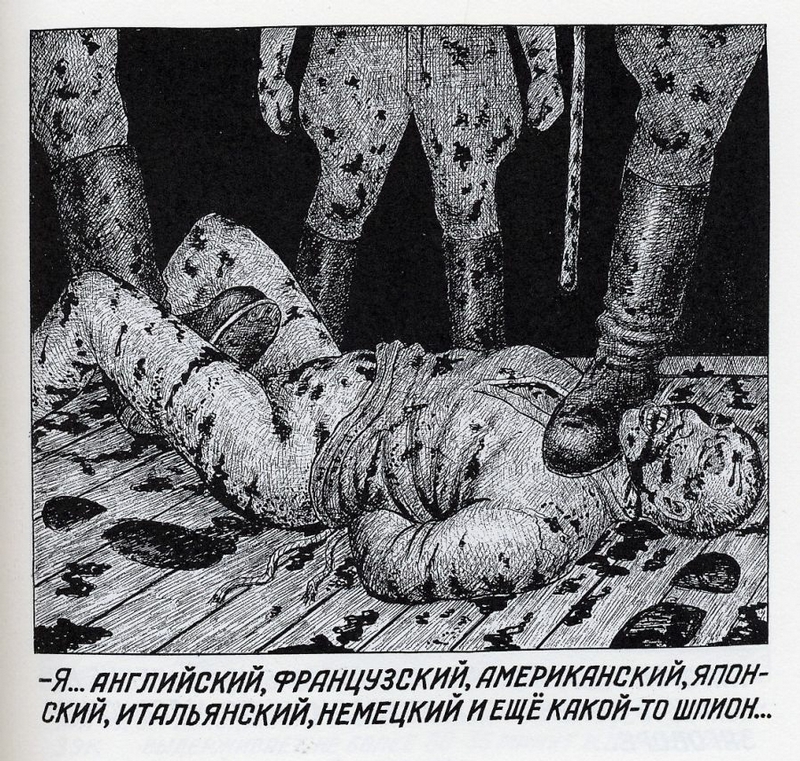On the 62nd anniversary of his death today, Stalin continues to cast an ever darker shadow over Russia, sparking debates about how he should best be remembered and the transformation of the GULAG museum in Perm from one memorializing his victims to one celebrating their jailors.
But beyond these symbols, the influence of Stalin on the thinking of Vladimir Putin and his regime is increasingly obvious and strong, as Moscow political analyst Stanislav Belkovsky pointed out on the eve of this anniversary on Ekho Moskvy’s “Osoboye mneniye” program hosted by Olga Zhuravlyeva.
According to Belkovsky, “Putin’s most important task is to become in international politics a new Stalin, not in the domestic sense but in the international. That is, to move toward a second Yalta, to return to the world of Yalta and Potsdam, and to agree with the US and the EU, and in the case of the EU in the first instance with Germany, about the division of the world” with clearly “fixed zones of influence.”
Ukraine, he continues, “is only a place des armes and instrument for the solution of these tasks” and those Putin is using there are “only pawns on a chessboard,” who can be sacrificed in the name of the endgame. This is something a few of these people may already be beginning to recognize and even to fear.
But despite his suggestion that Putin is following in the footsteps of Stalin internationally rather than at home, Belkovsky also discussed some of the ways in which the Kremlin leader is copying the late dictator at home, including “the routinization” of the persecution of his enemies by use of ostensibly judicial institutions and the spread of violence throughout the country.
As a result of Putin’s actions, human life in Russia “isn’t worth anything,” and a decision to kill him is taken in terms of his “liquidation cost.” That means, Belkovsky says, that “the question to kill this or that individual or not to kill him is made” by comparing the costs of killing him against the damage the potential victim is thought to have inflicted on the regime.
The Moscow analyst says it would now cost about 5,000 US dollars to have him killed and that means that any damage he might cause above this sum would be make a strong case for the Putin regime to have him eliminated. Killing someone else, like Boris Nemtsov, of course, would have cost much more, but the principle is the same.
Morality, truth and the values of civilization mean nothing to those making this kind of calculation. It is all about the personal comfort of the leader. Putin could have gone to Nemtsov’s funeral – that would have played well in many places – but he didn’t because to do so would have been “very uncomfortable psychologically” for the Kremlin leader.
Asked whether he believes that Putin enjoys the backing of 86 percent of Russians, Belkovsky said he “believes only in the Lord God.” As far as the 86 percent figure is concerned, he said it reflects what people know they are expected to answer on the basis of what they see on Russian television.
Boris Yeltsin didn’t get that kind of support because he did not have “total propaganda,” as Putin does. Yeltsin despite all his shortcomings was a democrat. Those who rely on total propaganda like Putin operate under its laws: there must be only one enemy and only one point of view.
The Soviet Union began to fall apart when programs like “Vzglyad” appeared under Mikhail Gorbachev, when it became obvious that there were various points of view on many issues and when it also became clear that the United States was not Russia’s enemy. Putin remembers this and has drawn conclusions accordingly.
That is driving the Kremlin leader rather than fear of opposition or a Maidan in Russia. Unlike Yanukovych, Putin would have no difficulty ordering the use of force against the population, and in fact, under current conditions, he has no reason to believe that he must use mass force. Surgical strikes against its leaders and mass propaganda are sufficient.
But there is one positive thing to derive from the anniversary of Stalin’s death: even Putin will not live forever, and he has an obvious successor, Dmitry Medvedev, whose “only source of legitimacy” would involve “the rejection of Putinism and in the first instance the rejection of the world war” toward which Putin is moving.
That would be true of any other successor, just as it was true of Khrushchev after Stalin, Belkovsky suggests, “and we know from the example of Alexander I and Paul I that heirs often conduct a policy directly opposed to their predecessors.
“All of us are mortal,” Belkovsky points out, “including Putin” and if something suddenly happens … we know from the examples of Alexander I and Paul I that heirs frequently conduct a policy directly opposed to their predecessors,” just as more recently Nikita Khrushchev did after he succeeded Stalin.








